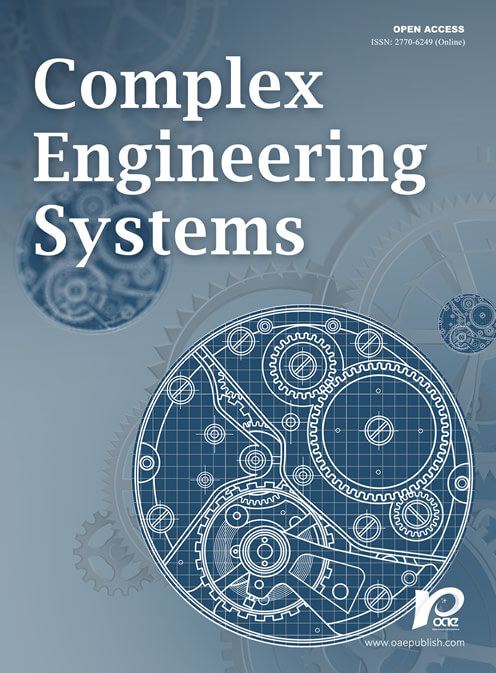REFERENCES
1. Li C., Cao Z., Liu Y. Deep AI enabled ubiquitous wireless sensing: a survey. ACM. Comput. Surv. 2021;54:1-35.
2. Xu M., Du H., Niyato D., et al. Unleashing the power of edge-cloud generative AI in mobile networks: a survey of AIGC services. IEEE. Commun. Surveys. Tuts. 2024;26:1127-70.
3. Du H., Niyato D., Kang J., et al. The age of generative AI and AI-generated everything. IEEE. Netw. 2024;38:501-12.
4. Yoon, J.; Jarrett, D.; van der Schaar, M. Time-series generative adversarial networks. 2019. Available from: https://proceedings.neurips.cc/paper_files/paper/2019/file/c9efe5f26cd17ba6216bbe2a7d26d490-Paper.pdf [Last accessed on 8 Apr 2025].
5. Ho J., Jain A., Abbeel P. Denoising diffusion probabilistic models. Mach. Learn. 2020;33:6840-51.
6. Zhang J., Wu F., Wei B., et al. Data augmentation and dense-LSTM for human activity recognition using WiFi signal. IEEE. Internet. Things. J. 2021;8:4628-41.
7. Wang D., Yang J., Cui W., Xie L., Sun S. Multimodal CSI-based human activity recognition using GANs. IEEE. Internet. Things. J. 2021;8:17345-55.
8. Wang J., Du H., Niyato D., et al. Generative AI for integrated sensing and communication: insights from the physical layer perspective. IEEE. Wirel. Commun. 2024;31:246-55.
9. Wang Z., Mao S. Generative AI-empowered RFID sensing for 3D human pose augmentation and completion. IEEE. Open. J. Commun. Soc. 2025; doi: 10.1109/OJCOMS.2025.3539705.







